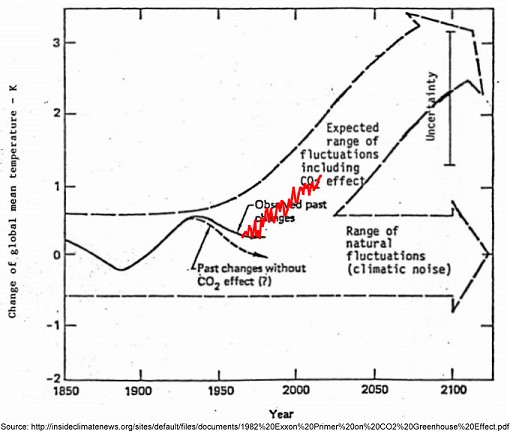I would assume that the person who is maintaining the chart that I posted from Wood For trees that shows the record of the data gathering agencies that measure the pause, is showing the record they have put together that shows the pause.
When you are measuring something that occurs in relation to the time that it covers, do you begin that measure at the time it starts or several years before?
Since the so-called pause is not, and has never been, statistically significant, using any measure, you can create your false impression by starting anywhere you please. What you cannot do is show that your false impression is true, by any statistical measure. Statisticians realize that using less data increases uncertainty. The denizens of Denierstan never seem to get that point.
When the duration of the world record 100 meter dash is measured in the upcoming Olympics, will they measure the elapsed time it covers from the exact moment that it begins or start that measure in 1990? New Olympic record is 25 years, 7 months, 1 week, 2 days and 9.1573 seconds.
It's not a hundred-meter dash, it's a marathon. And the denizens of Denierstan are obsessed with finding
some distance,
any distance, no matter how short, at which the runner has slowed down. So they try every conceivable distance starting at every conceivable point, trying to find their "proof". The statistical problem is that the more such distances you try, the more likely it is that you will find a statistical outlier just by chance. So you have to correct for the number of possible tries, too. Which is another thing the denizens of Denierstan don't understand, and therefore never do.
The pause didn't start according to ANY data source until the 2000 time frame.
Pause
? What pause
?
This would have been right on schedule if a predictor was ignoring the dominance of CO2 and was instead observing the normal changes in warming revealed in the temperature record that seem to be driven by the ADO and PDO.
The PDO was way down in 2000. Then it was up by 2003, way down again in 2012, and now it's way up again. So what kind of "prediction" do the denizens of Denierstan draw from this
?
And I'd really love to see what kind of prediction you draw from the ADO. Since there is no such index.
Adjusting your start point from the disingenuously engineered 1990 to the actual pause start date post 2000,
Which is also engineered. But, you claim, it's
really engineered, so it's not disingenuous
? Riiiiight.
actually 2002 in the one I put together below, we see the GISS Data Track revealed as being both dramatically warmer and warming dramatically faster than the others that you selected. This is most definitely the outlier.
Proving once again that if you just throw away all the data that disagrees with you, all the remaining data agrees with you. So brilliant! So wrong! So par-for-the-course in Denierstan.
We are talking about GISS gaming the data and you game the data as your response to show... what?
So, having gamed the data yourself to show that GISS games the data, you're so very superior to those guys, because
you didn't do anything to get the result
you wanted, except cherry pick the start and end dates, and throw away everything else, and ignore BEST, and ignore Cowtan & Way, and pretend that satellites measure surface temps when they don't. Nope, certainly not one hint of gaming there.
Normally I would simply ask you to show us the uncertainty of that slope, and to do so after accounting for autocorrelation. But since you're so obviously unequipped with the mathematical ability to do that, I wouldn't want to embarrass you. Yet it is the answers to simple questions like that which utterly sink your entire fantasy. Which is why you never read about things like that on WUWT.




